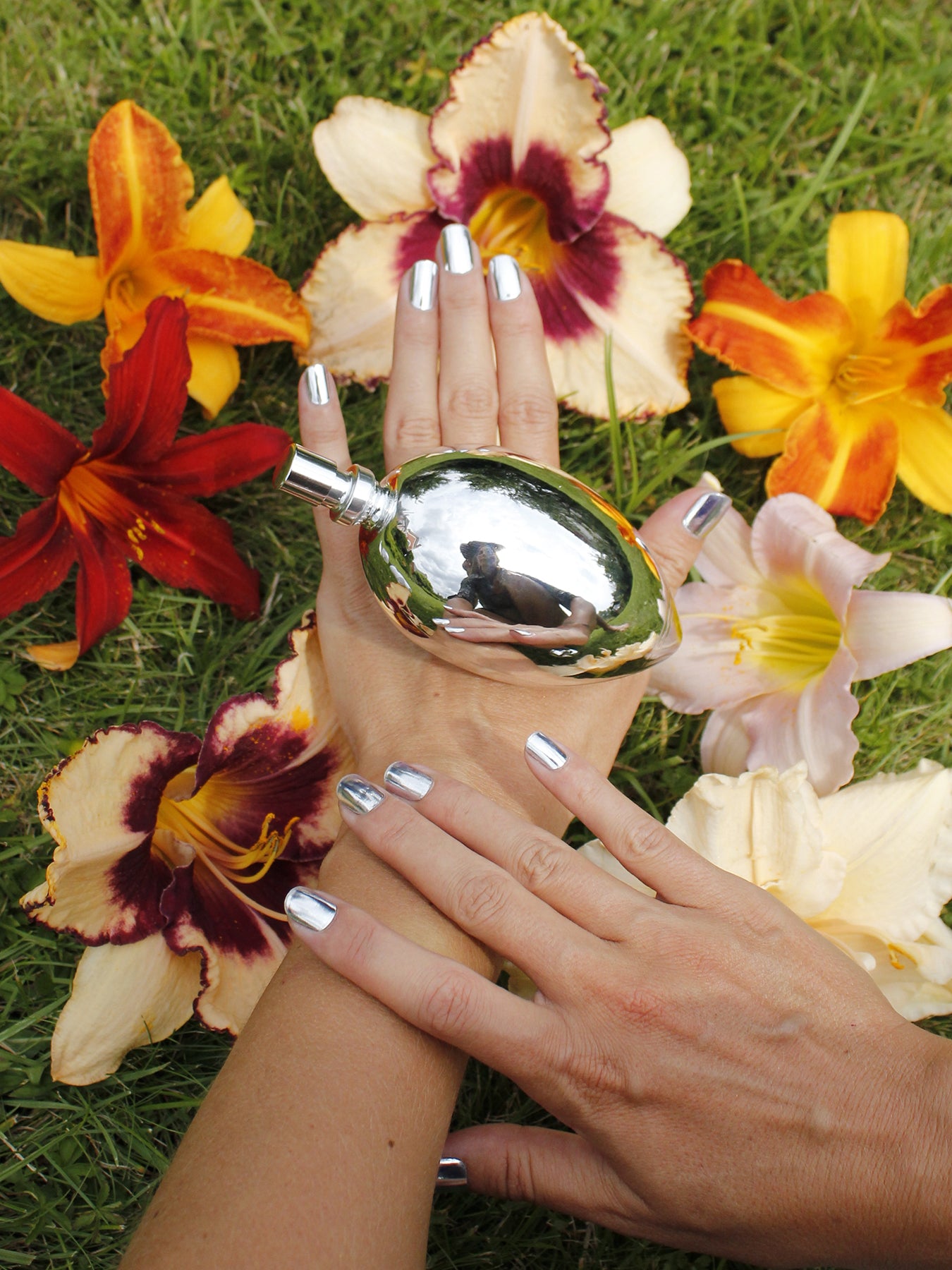The desire for intimacy has no age limits. Unfortunately, there are myths and misconceptions about aging and sexuality that undermine older people’s ability to talk openly with family, friends, and health care providers about such things. All this limits their access to sexual education, sex toys, health care and, in fact, sexual rights. Lifetime sexual activity is a strong indicator of healthy aging and vitality.

There is a wealth of scientific research on the topic of sexual health, which helps to improve and maintain intimate life and how it affects the relationship of partners.
A study conducted in Sweden indicates an increase in sexual relations among the elderly compared to previous generations. The quantity and quality of sexual experience among 70-year-olds in Sweden has increased over the past 30 years. Older men and women report greater sex life satisfaction, fewer sexual disorders, and more positive attitudes toward sexuality than younger generations. Among married men, the increase in sexual relations was from 52% to 68%, among married women from 38% to 56%, among unmarried men from 30% to 54% and unmarried women from 0.8% to 12%.
Studies examining the sexual behavior and attitudes of older adults toward their own sexuality have reported that most enter into partnerships or other intimate relationships and view sexuality as an important part of life.
In a study of aging problems in European countries, it is noted that about half of men over the age of 70 confirmed the presence of episodes of sexual intercourse at least once a week. About 49% reported at least one sexual encounter per week (20% more than before) and more than 75% thought about sex in the previous four weeks.
According to a 2008 study at the University of California, Berkeley, many married couples had better relationships after the children left the family nest and they were left alone. This also applies to improving sex life.
However, research consistently shows that older adults are often aware of stereotypes and myths about sex/sexuality in late life and are often hesitant to express their sexuality.
A particularly important feature of ageism is the reluctance of older people to discuss sexual problems with their primary care physician for fear that sex in older age does not meet societal expectations and that health professionals may therefore disapprove of their behavior (Gott and Hinchliff 2003). Not to mention the fact that if an elderly person makes purchases in a store for adults https://gvibe.com, then this will absolutely not be discussed with anyone at all.
A telephone survey of 1,500 middle-aged and older adults in the UK found some sexual health problems, but only 26% of men and 17% of women had discussed them with a doctor. It has been proven that older people do not disclose intimate life problems due to ageism, stereotyped attitudes towards their age, loneliness, embarrassment or fear of being misunderstood or laughed at.
The Center for Disease Control and Prevention has prepared tips on how to maintain sexual health throughout life.
Sexual activity in old age is closely related to physical health, diseases and a decrease in the body’s functional capabilities.
Today, there is a need in society to improve the access of the elderly to sexual health issues. Medical personnel need sufficient training in order not to scare away elderly patients, but to become receptive to their sexual problems, which are often found in rather complex situations of chronic and somatic diseases.
Sexual and reproductive health (SRH) is an important component of human existence. SRH significantly affects people’s quality of life, psychological and physical health. It should be remembered that regular sex slows down aging and continues active life. Sexual intercourse causes an explosion of hormones, which significantly improves mood and vitality. The main balance of help falls on the younger generation, while the elderly remain with their problems face to face.
Simple tips to support sexual health
- quit smoking;
- do physical exercises regularly;
- follow a healthy diet and maintain a healthy weight;
- limit or avoid drinking alcohol;
- avoid stress and think positively;
- do not self-medicate;
- visit your primary care physician regularly to monitor your blood pressure, blood sugar, and cholesterol.
Conclusion
To conclude, we can say that you need to monitor your sexual health throughout your life. And there is no need to refer to any stereotypes and deny yourself pleasure. After all, when you are happy and satisfied, it will help you prolong your life longer.